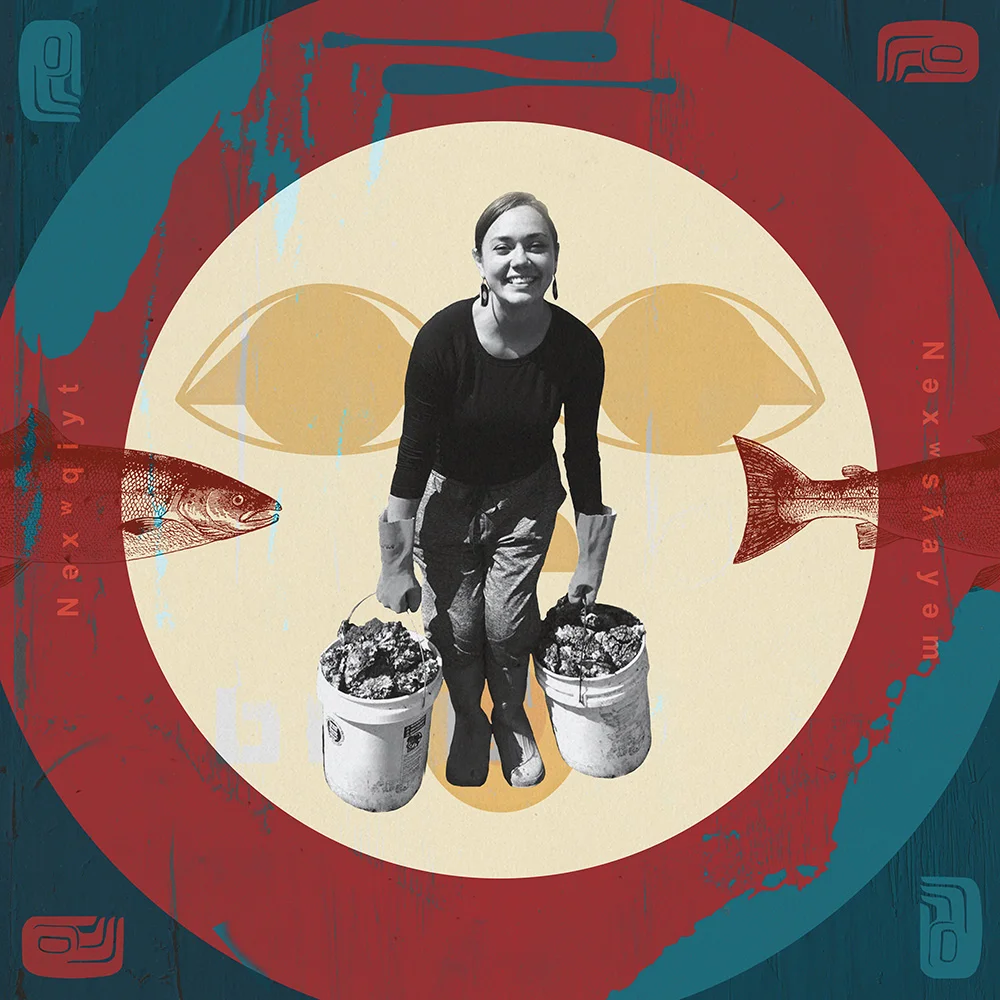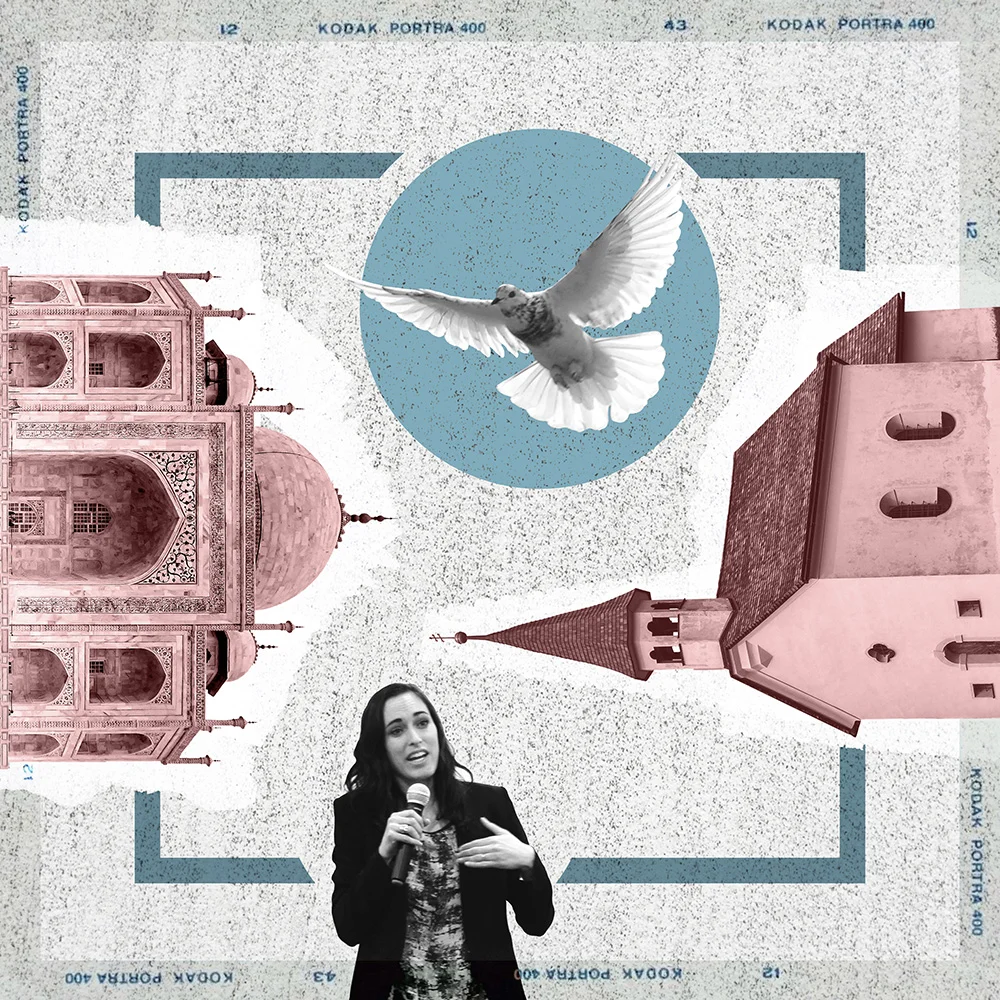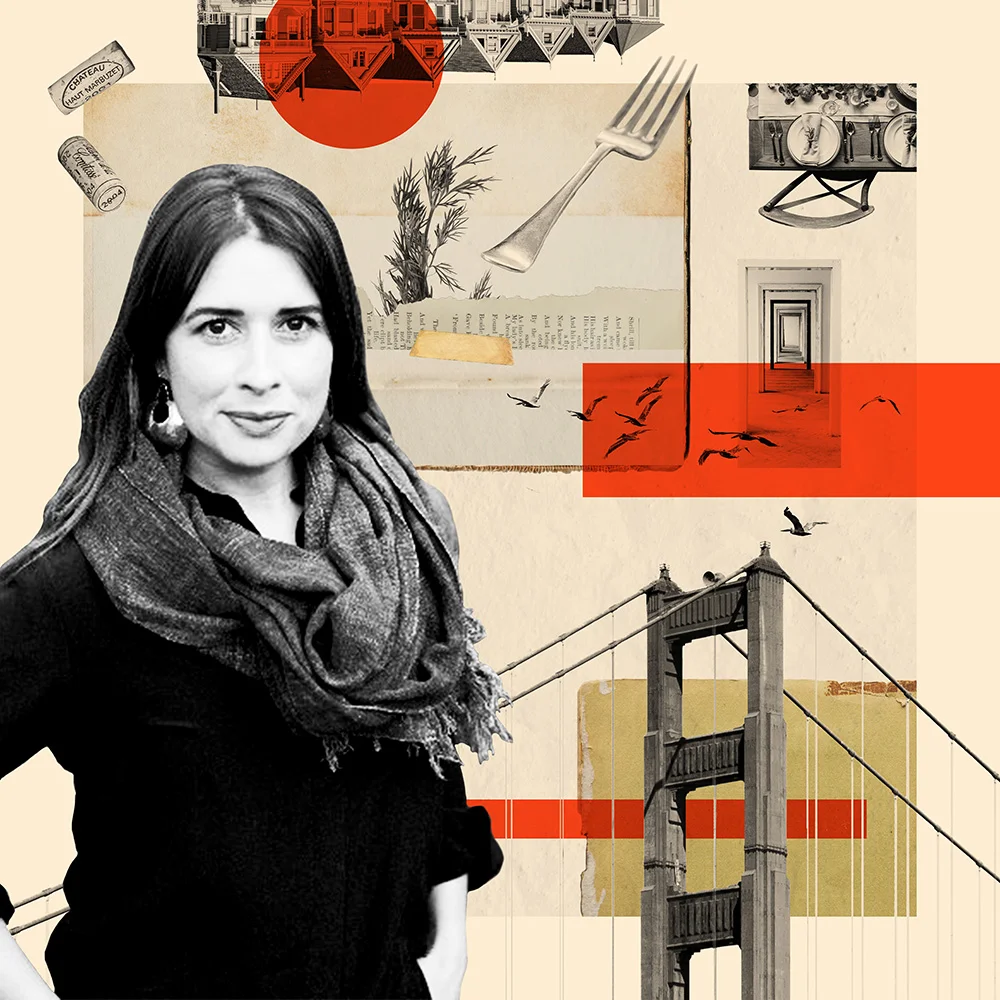A Healing Journey Back to Her Native Roots
…
Rachel answered most of my questions with stories. Which makes sense because that’s how she originally learned her tribe’s history, origins, values, culture, and traditions—through stories.
Stories were all Rachel had because she didn’t grow up on the Port Gamble S’Klallam tribe’s reservation. Rachel grew up in the Midwest, far from her people’s traditions of canoeing, fishing, and harvesting oysters. As a child, her grandmother was orphaned in Oklahoma and grew up in an orphanage run by a racist, conservative Christian woman (this was before the Indian Child Welfare Act which helps ensure that native children are raised with their tribe). It wasn’t until her grandmother was older that she traced her roots and found the rest of her siblings in the pacific northwest.
Growing up in Oklahoma, Rachel knew she belonged to the Port Gamble S’Klallam Tribe (or Nəxʷq̓iyt Nəxʷsƛ̕ay̕əm in their language.) It was important to Rachel’s grandmother that her children and grandchildren understand their roots, even if they didn’t live with their people, so Rachel grew up hearing stories from aunts and uncles and other family members about their homelands and people.
She embraced her identity as Native as much as she could considering that she also belonged to a conservative Christian culture in America’s midwest.
During college and the year after she graduated, Rachel began to notice the ways in which practicing Christianity the way she’d been taught, rubbed up against the reality of being Native. The Christian culture she was given, she says, “didn’t allow her to love certain pieces of herself”... specifically, the Native pieces.
““Every song and dance we do is a statement that we are continuing to live even though the odds are stacked against us.””
She tells me that on more than one occasion, Christian pastors and leaders suggested she “pray away” her Native blood… as if it was tainted or dirty. One church leader asked her to publicly renounce her affiliation with her tribe, suggesting she couldn’t belong to God and her tribe simultaneously. Another, a man who actually had significant indigenous blood himself, once told her that if white Christian missionaries hadn’t brought them the gospel, Native people would still be “savage” (his word.) His words offer tragic proof of how internalized these shameful, racist narratives can become even among Native people.
But it was during the time she spent working with a Christian aid organization in Iraq that truly changed Rachel’s perspective about her people. Witnessing the utter devastation of whole people groups in Iraq was a wake-up call for Rachel. She looked around at the decimation of whole groups of people—their culture, language, religion, traditions, and land—and was reminded of the losses suffered by her own people at the hands of colonists both past and present.
So Rachel decided to go home. Not to Oklahoma, but back to her people’s land.
She tells me she wanted to be part of her tribe’s ongoing effort to restore what was stolen from them by “re-learning our people’s language, traditions, culture, and religion.”
She pauses and then corrects herself.
“Well, an elder once told me that we’re not actually learning, per se,” she explains, “we’re remembering… because it’s in our blood. We just need to remember.”
It feels like she first tried to explain it in a way that I would understand, then decided not to compromise her story for my cultural understanding. My eyes filled immediately, leaving a long, heavy pause between us. I’m so glad she told it her way.
She gives me an example of this remembering process.
“The first time I learned to weave, they immediately asked me to turn around and teach a younger tribal member how to do it. It was a way to tangibly practice this art of remembering and passing along our traditions... And that is a way of saying, ‘We’re still here.’ ‘We still exist.’”
Rachel is now a youth leader and counselor on the reservation while finishing up her MA in dance and movement therapy and working on the hours she needs to complete her mental health counselor license.
However, she doesn’t live on her people’s land quite yet. There’s a waiting list to live on the reservation because when the government reneged on their promise to restore native lands and forced her tribe to buy back their own stolen land, it left the tribe with extremely limited resources to rebuild their community and create housing. This is just one of many examples of how our government has tried to wipe out indigenous cultures and people and cripple any attempt to restore it.
We see our country’s attempt to eradicate Native people not only in the way we stole Native land, but also in the fact that we made practicing Native religions illegal, sent Native children to boarding schools away from their parents to prevent traditions being passed down, and literally beat Native languages out of kids in Rachel’s grandmother’s generation. None of this was that long ago when you think about it.
This intentional erasure of Native existence is what Rachel and her fellow tribal members are fighting against.
Not only are they taking back their culture, language, traditions, and religion… they are taking back their right to exist. Rachel’s goal, she says, is to make sure her children “will not know even half my pain of growing up as an off-res Indian who didn’t know my culture.”
“Every song and dance we do,” she explains in a choked-up voice filled with tears and rebellious courage, “is a statement that we are continuing to live even though the odds are stacked against us.”
One of the most meaningful experiences Rachel has had since returning to her tribal lands is being in the canoe with her fellow tribal members. She looks forward to her first Canoe Journey this year, an event for Tribes and Nations in her region which has been "literally lifesaving" for so many. Being on the water, paddling with her tribe toward their future—and their past—has been healing and made her feel more connected to her people than ever before.
It seems to me that for Rachel, finding her way back to being S’Klallam has been a combination of unlearning and learning, deconstructing and reconstructing… or, perhaps more accurately, forgetting and remembering.
Forgetting what colonization gave her (internalized shame about being Native, a narrow understanding of divine truth, a Eurocentric understanding of dance, a linear understanding of history, etc) while remembering the truths and traditions that run through her veins (her tribe’s worldview and practices, water, fishing and weaving, tribal dances and songs, their more open experience of truth, cyclical history, the mystery of the divine, and true belonging.)
It’s a difficult, painful, and complex process. Made more painful by the lingering effects of colonization on her own family—like the fact she had to leave home to go home, and that moving towards her tribal traditions requires her to move away from her family’s traditions— the family she grew up with in Oklahoma. The ones who were forced to forget much of their roots when their mother/grandmother was ripped away from her tribe a generation ago.
But the pain, Rachel says, is worth it. Because she knows she’s doing the right thing.
“I want to say this journey has made me stronger, more put together, but that’s not true. Sometimes, I actually feel weaker because this is all so much more real, It makes you dive into the pain and feel the grief of historical trauma… but my conscience is clear. I know this is right.” Both for herself, and her future children.
Then, she perfectly summed up every conversation I’ve ever had with women who are intentionally developing and living their passion:
“This work is draining sometimes… but it’s also the thing that gives me life.”












